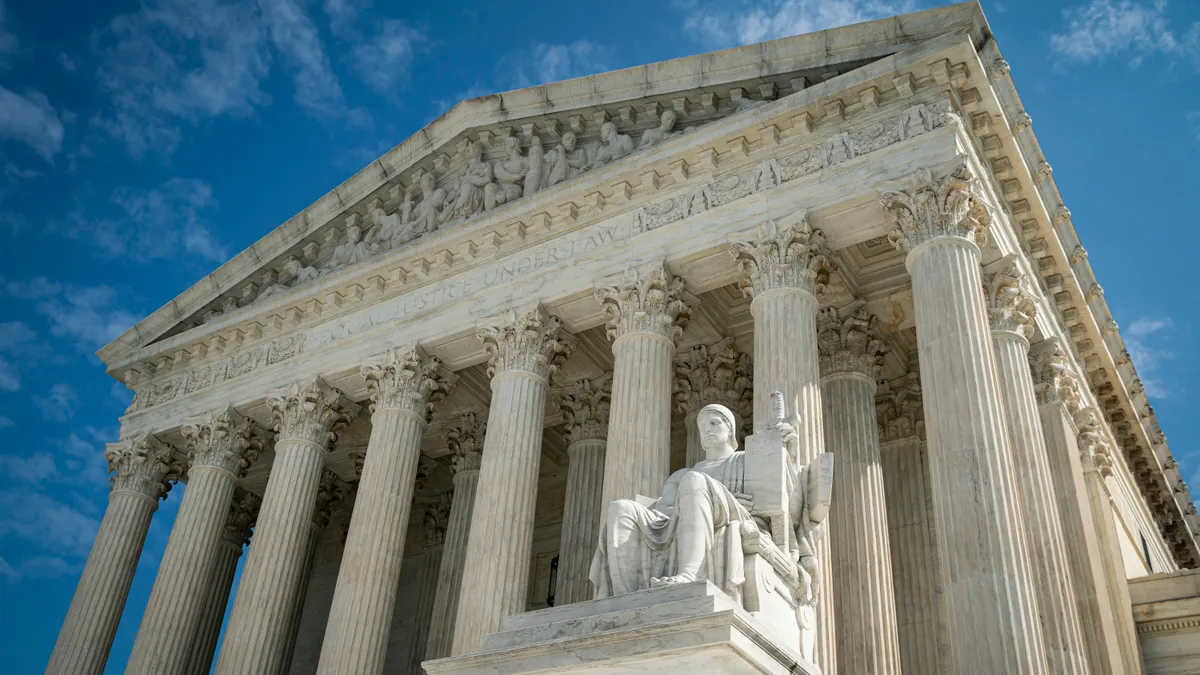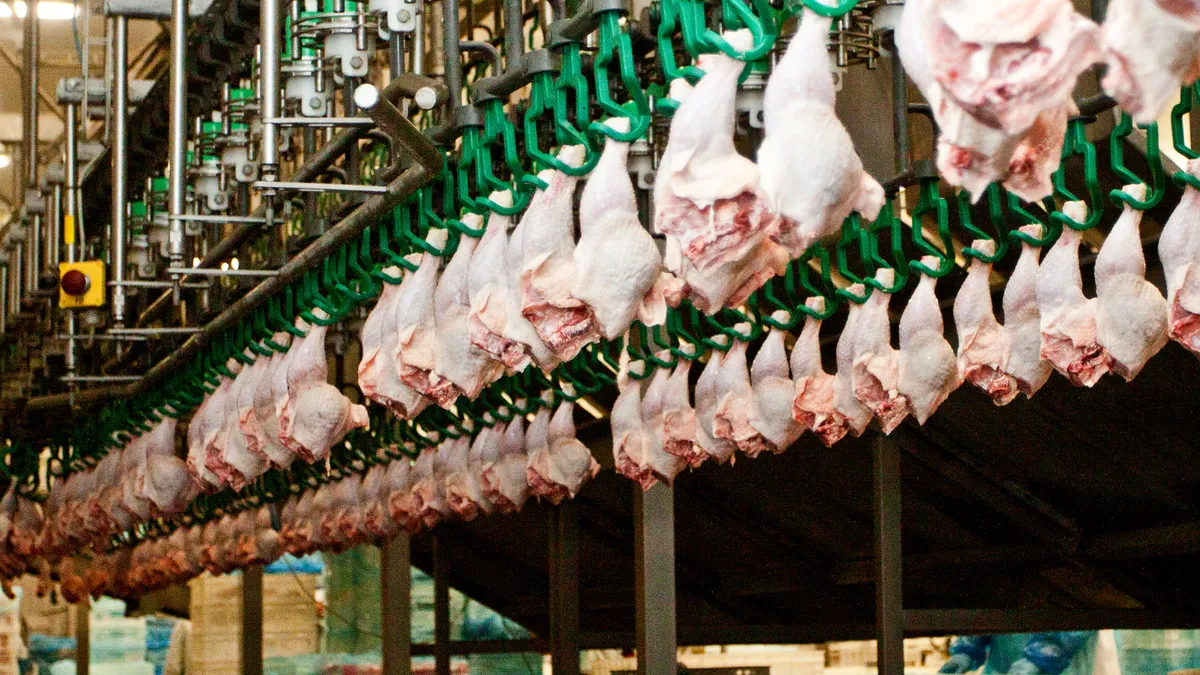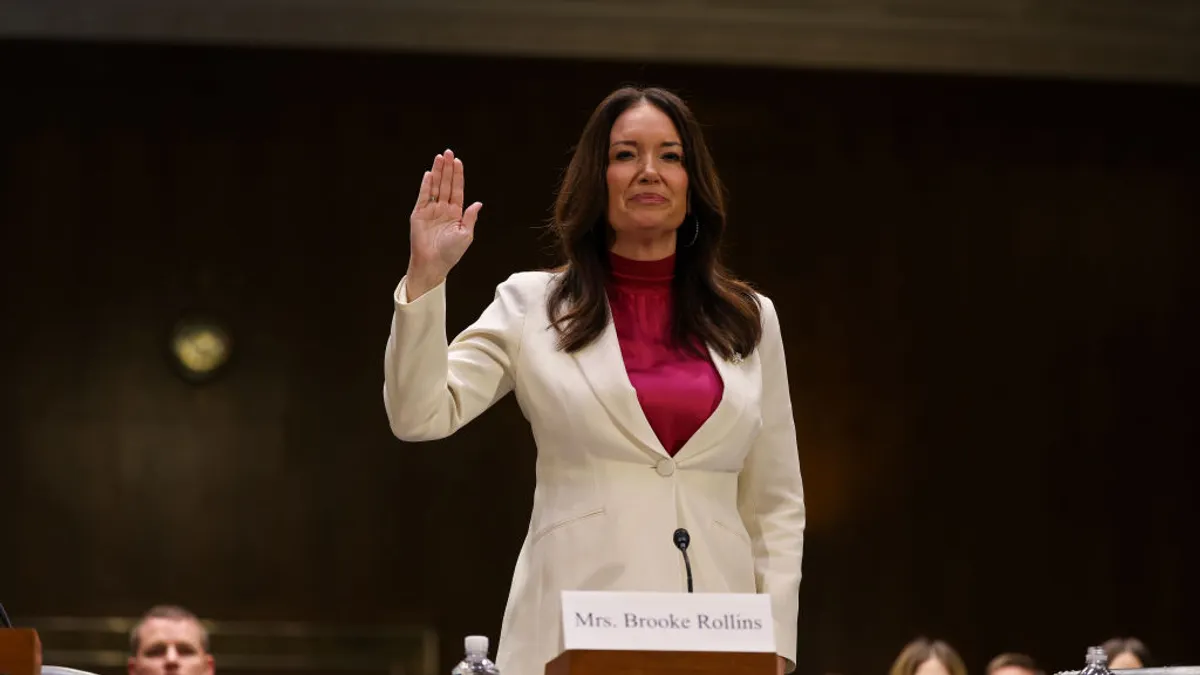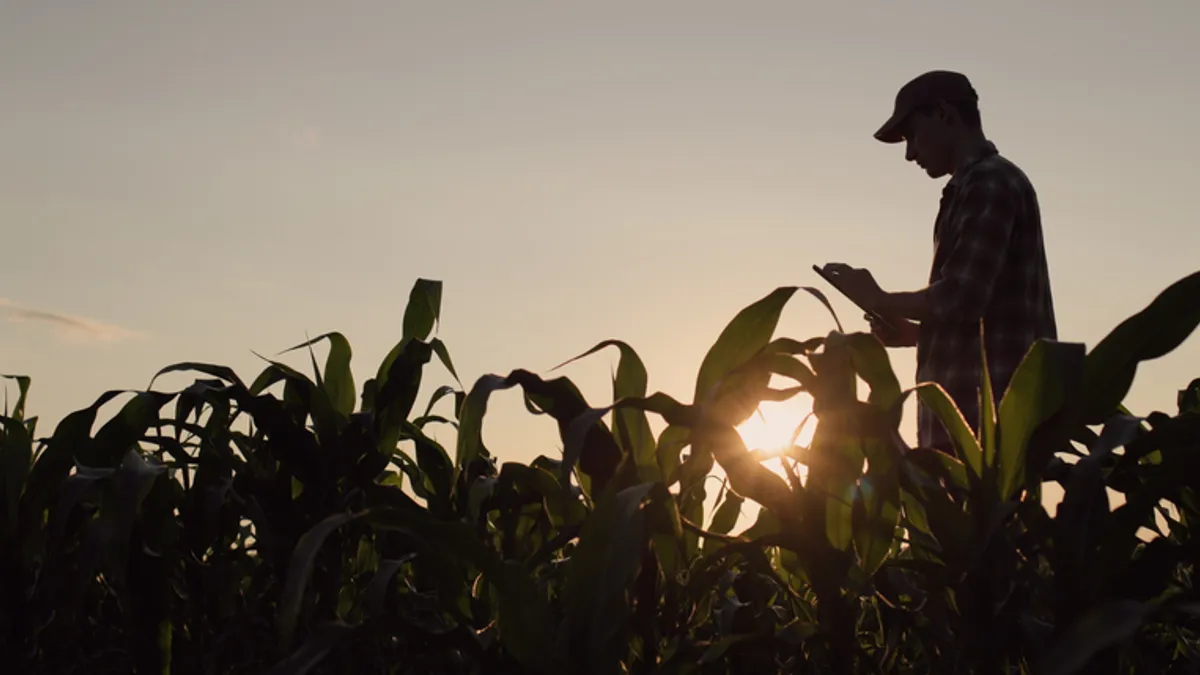This week, the Supreme Court overturned a 40-year-old decision that shaped American regulation over many industries, including agriculture, and ushered in a new era of decreased federal regulating power.
The 6-3 ruling, along party lines, in the Loper Bright Enterprises v. Raimondo case overruled the Chevron Doctrine.
The overturning of Chevron represents a major shift in administrative law with far-reaching implications for agriculture by reducing the power of federal agencies to interpret and implement ambiguous statutes. Here’s a brief explainer on what it means for agriculture.
What is the Chevron Doctrine?
The 1984 decision gave federal agencies the authority to define ambiguous regulations when laws passed by Congress were unclear. For example, if Congress passed a law saying corporations can’t pollute drinking water, the agency responsible for enforcing and regulating that law, in this case, the Environmental Protection Agency, would decide what is considered a pollutant.
It could give the EPA and other agencies the freedom to implement rules without fear of legal battles.
These rules, nicknamed the Chevron deference, allowed Congress to write laws with the understanding that the nitty-gritty details could be worked out by those with technical knowledge and expertise at the proper agency. Courts only got involved if the interpretation was considered unreasonable. Most agriculture, water, climate, air and other regulations have been created using the Chevron deference as precedent.
In the 1984 Chevron v. Natural Resources Defense Council case, the Reagan administration’s court upheld an air pollution regulation that environmentalists were challenging as too weak, and in the process, it gave power to federal agencies to create regulations. Since then the Chevron Doctrine has become a favorite tool to successfully defend regulations — it is one of the most-cited administrative laws.
What was the court ruling about?
The court overturned Chevron with a decision on a National Marine Fisheries Service regulation. The fisheries challenged that the Chevron ruling overstepped its boundaries, giving too much authority to the executive branch. Chief Justice John Roberts wrote the majority opinion arguing that the Chevron ruling “defies the command of the Administrative Procedure Act, which governs federal administrative agencies.” He stated that the 1984 verdict was “misguided” because courts should be the ones resolving ambiguities around laws, not federal agencies.
The dissent, written by Associate Justice Elena Kagan, outlined that neither Congress nor the courts have the technical knowledge to write or interpret laws perfectly and should rely on the agencies that have expertise in their specific areas. Kagan accused the majority of grasping for power.
What will it mean for agriculture?
Overturning the Chevron Doctrine will limit the power of federal agencies to issue regulations. This will most heavily impact agriculture when it comes to federal regulations surrounding food and drug safety, environmental and animal welfare standards. These regulations will be harder to create and enforce, affecting efforts to curb agricultural runoff, protect wetlands and improve animal treatment.
One regulation that could be challenged is the U.S. Department of Agriculture’s Packers and Stockyards Act that protects farmers and consumers from unfair pricing. The increased focus on limiting forever chemicals also is in danger. The Biden administration has been working to take the food system out of the control of corporate giants, but last week’s decision calls those new regulations into question.
Farmers will have less bureaucracy from federal agencies to contend with, but possibly more in-court litigation.
For the farm bill, the new rules will push Congress to be more detailed and elaborate in the legislation to avoid judicial challenges and ensure regulators can implement the spending bill.
“Arguably, the effective removal of Chevron deference from power regulations may improve the chances for more mainstream congressional activity to fill the void," Scott Segal, a partner at Bracewell LLP who represents energy companies, told Axios.
What does Big Ag think?
Many agricultural trade groups support the decision.
The National Cattlemen’s Beef Association (NCBA), the National Pork Producers Council (NPPC), and the American Farm Bureau Federation (AFBF) all released statements in support of the overruling.
“For decades, Congress has passed vague laws and left it to federal agencies and the courts to figure out how to implement them,” The AFBF’s President Zippy Duvall said in a statement. “AFBF has argued on behalf of farmers who are caught in a regulatory back and forth when administrations change the rules based on political priorities instead of relying on the legislative process. We are pleased the Court heard those concerns.”


















